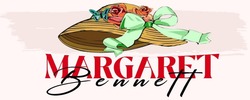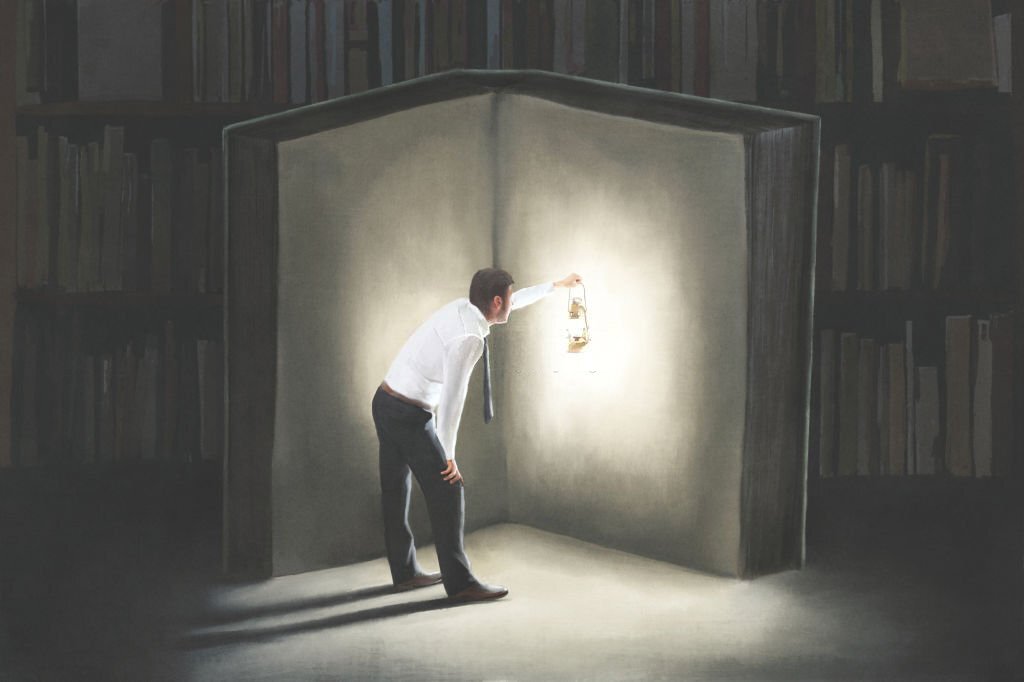Pro Tips for Writing Historical fiction mystery thriller
The historical fiction mystery thriller is a fascinating genre that allows readers to explore different periods and cultures vicariously. If you’re thinking of writing a historical fiction mystery thriller, here are a few pro tips to help you get started:
Tips for writing Historical fiction mystery thriller
When it comes to writing a historical fiction mystery thriller, you must keep a few things in mind to make it a success.
First and foremost, you need to make sure you do your research. This is key in ensuring that your story is accurate and believable. Secondly, you need to hook your readers from the very beginning. Draw them in with an intriguing plot and keep them wanting more.
Thirdly, your characters need to be believable and relatable. They should be three-dimensional and fully fleshed out. And fourthly, your scenes need to be gripping and full of suspense. Keep your readers in their seats! Fifthly, build tension throughout your story. Keep them guessing and wanting more. And lastly, create a compelling ending that will leave them wanting more.
There are a few pro tips for writing a historical fiction mystery thriller. If you keep these things in mind, you’re well on your way to writing a page-turner that your readers will love.
Period and Plot
You need to choose a period and setting that will be both interesting and suspenseful. It’s also important to create believable and sympathetic characters that your readers will root for from the beginning.
In terms of plotting, it’s essential to develop a twisty and compelling mystery that will keep your readers desperate until the end. And finally, don’t forget to add a healthy dose of suspense and excitement to make your historical fiction mystery thriller truly unputdownable.
You’re sure to write a historical fiction mystery thriller that dazzles with these tips. Here is some more information to keep you going:
1.Do your research.
This is a mandatory step in writing historical fiction. You need to immerse yourself in the period you’re writing about to bring it to life for your readers. Read books, watch movies, and visit museums to get a feel for the culture and how people lived during that time.
Choose an interesting period.
There are several interesting periods to choose from, so it’s important to pick one that will captivate your readers. Do your research and jot down your options for a few possible periods before making your final decision.
3. Create believable characters.
Your characters should be believable and relatable, even if they’re fictional. Think about their motivations, backstories, and how they would react in different situations. It’s also important to ensure that your characters look and dress the part for the period you’re writing about.
4.Write a compelling story.
Your story should be full of suspense, mystery, and intrigue. Keep your readers guessing what’s going to happen next, and make sure the ending is satisfying.
5.Edit and revise your work.
No one’s first draft is perfect, so it’s important to take the time to revise and edit your work. Get feedback from beta readers, editors, and anyone who can help you improve your story.
Following these pro tips will help you write a historical fiction mystery thriller that will keep your readers wanting more.
Conclusion: Historical fiction mystery thriller
They say the truth is stranger than fiction. The world of history has fascinating characters and stories, many of which are still shrouded in mystery. It’s no wonder that so many authors are drawn to writing historical fiction.
Historical fiction allows authors to explore the past in an entertaining and educational way. It’s a genre that is truly unique, and there are endless possibilities for stories to be told. If you’re into historical fiction mystery thrillers, there’s a good chance you’ll enjoy historical fiction as well.
The best historical fiction is well-researched and accurate but also engaging and suspenseful. It’s the perfect blend of fact and fiction and can transport readers to another time and place.

